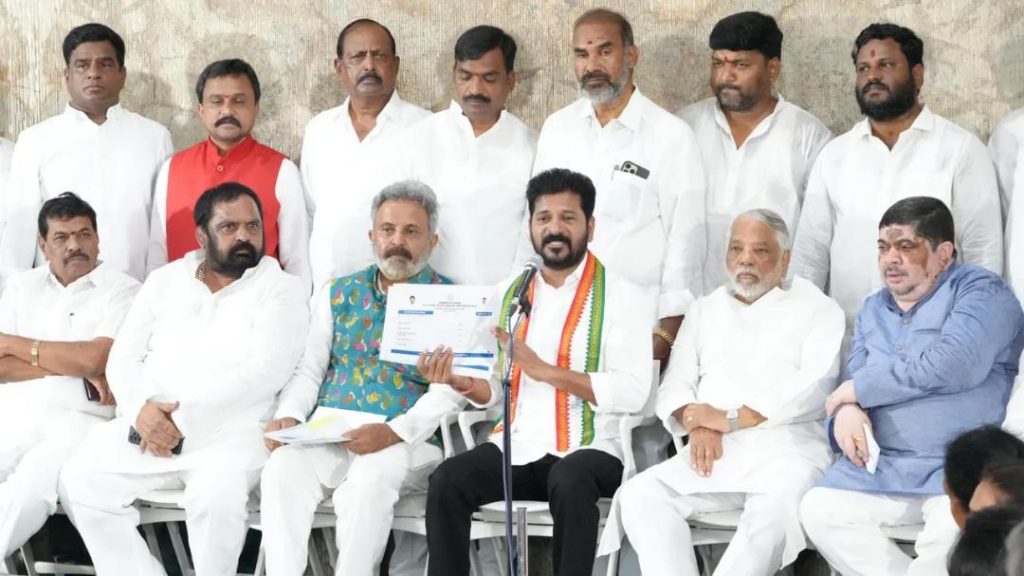
Report on Caste Census Submitted to Telangana Government
The Independent Expert Working Group (IEWG) has submitted a comprehensive 300-page report on the Socio-Economic and Educational Profile of the Population of Caste (SEEEPC) survey to Telangana Chief Minister A Revanth Reddy on July 19. This significant report is expected to play a crucial role in advancing data-driven, socially just governance in the state. The report’s scientific approach has been widely lauded, and it is being seen as a model for nationwide caste-based surveys.
The SEEEPC survey was conducted in 2020 to collect accurate data on the socio-economic and educational profiles of the population of the state. The survey aimed to gather information on various aspects, including caste, education, occupation, and social status. The report submitted by the IEWG is the culmination of this effort and provides a detailed analysis of the data collected during the survey.
The report is significant not only for Telangana but also for the entire country. Caste-based surveys are crucial for understanding the social and economic dynamics of a society and for developing policies that address the needs and challenges faced by different communities. The SEEEPC survey is the first of its kind to be conducted in the state, and the report provides a comprehensive picture of the socio-economic and educational profiles of the population.
The report’s findings are expected to be used to develop policies that address the needs of different communities. The state government plans to integrate the report’s findings into its policy-making process after broad public consultations. This will ensure that the policies are informed by accurate data and are responsive to the needs of different communities.
The IEWG was established by the Telangana government to oversee the SEEEPC survey. The group consisted of experts from various fields, including sociology, economics, education, and statistics. The group was tasked with designing the survey, collecting data, and analyzing the findings.
The SEEEPC survey was conducted through a multi-stage sampling technique that involved selecting a representative sample of households from different regions of the state. The survey covered over 1.5 lakh households and collected data from over 7.5 lakh individuals.
The report provides a detailed analysis of the data collected during the survey. The report highlights the social and economic disparities faced by different communities in the state. It also identifies areas where policies can be developed to address these disparities.
The report’s findings are expected to have a significant impact on the state’s policy-making process. The report’s data will be used to develop policies that address the needs of different communities and to monitor the progress of these policies.
The report’s findings are also expected to inform the development of policies at the national level. The SEEEPC survey is the first of its kind to be conducted in the state, and its findings are expected to be used as a model for nationwide caste-based surveys.
The report’s submission to the Telangana government marks an important milestone in the state’s efforts to promote data-driven, socially just governance. The report’s findings are expected to be used to develop policies that address the needs of different communities and to promote social justice.
In conclusion, the report submitted by the IEWG on the SEEEPC survey is a significant achievement for the Telangana government. The report’s findings are expected to be used to develop policies that address the needs of different communities and to promote social justice. The report’s scientific approach has been widely lauded, and it is being seen as a model for nationwide caste-based surveys.






